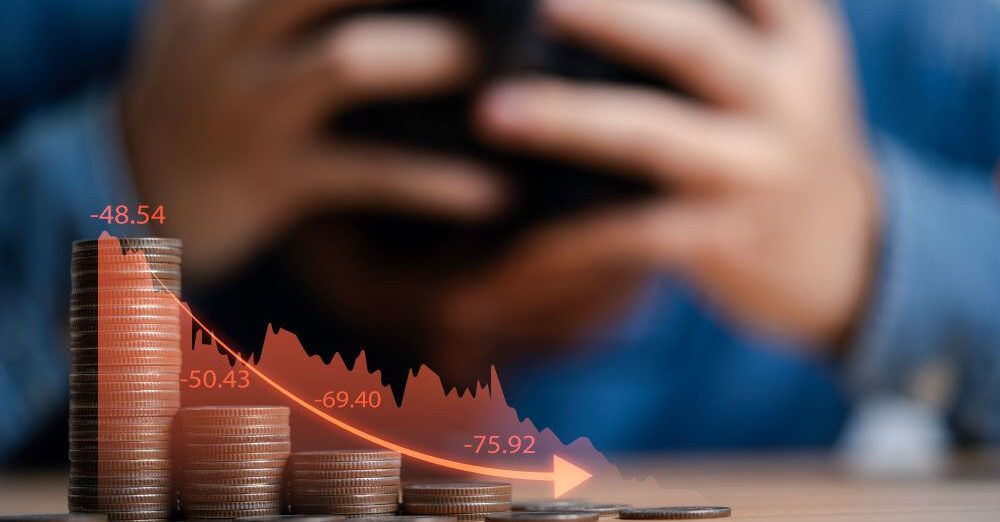Fatal school shootings devastate communities in ways that extend beyond emotional and social harm, as new research highlights a significant economic toll on local neighborhoods. The aftermath of these tragedies sees a marked decline in consumer spending, which compounds the challenges faced by already grieving communities.
Related Article: The Cost of Campus Crime
Marketing professors at Georgia Tech analyzed consumer behavior in U.S. counties that experienced fatal school shootings between 2012 and 2019, finding that household spending at local businesses drops sharply in the following six months. This decline affects a range of sectors:
- Spending at grocery stores decreases by 2%.
- Convenience store and liquor store sales fall by 3%.
- Restaurant and bar patronage experiences the sharpest drop, decreasing by 8%.
Cumulatively, this reduction equates to a $5.4 million loss for a local economy over half a year.
Behavior Changes Drive Local Economic Losses
The researchers initially hypothesized that residents might turn to comfort food or online shopping as a coping mechanism in response to these traumatic events. However, the data tells a different story, according to a press release from the Georgia Tech News Center.
After a fatal school shooting, households generally reduce their shopping activities rather than shift their spending to other outlets or platforms. No evidence showed an increase in online purchases or food deliveries to compensate for the decline in brick-and-mortar retail activity.
The analysis shows that the reductions represent genuine losses to economic activity rather than a redistribution of spending. This suggests that fear and anxiety about public safety discourage routine activities, including grocery shopping and dining out.
Why Consumer Spending Declines After Fatal School Shootings
A related survey reveals a key driver of this behavior change. Individuals who read about fatal school shootings report heightened anxiety about public safety, making them less likely to visit public spaces such as stores or restaurants. This anxiety appears more pronounced in comparison to other tragic incidents involving children, such as fatal car accidents or drownings.
Related Article: School Shootings Database Shows Big Drop in 2024-2025 Incidents
Political leanings also play a role. Grocery store spending fell by 2.4% in counties identified as politically liberal compared to 1.3% in conservative-leaning counties during the six months following a school shooting. The researchers hypothesize that differences in perceptions of public safety and gun violence could influence these variations.
Further Evidence of Economic Consequences
A separate analysis of store-level data extended this research to 44 additional school shootings occurring from 2019 to 2022. It revealed similarly negative economic effects, including prolonged declines in consumer spending at affected local businesses.
This research underscores the far-reaching consequences of school shootings, not only as a human tragedy but also as a disruption to local economies. It highlights how fear and anxiety ripple through communities, impacting not just emotional well-being but economic stability.

